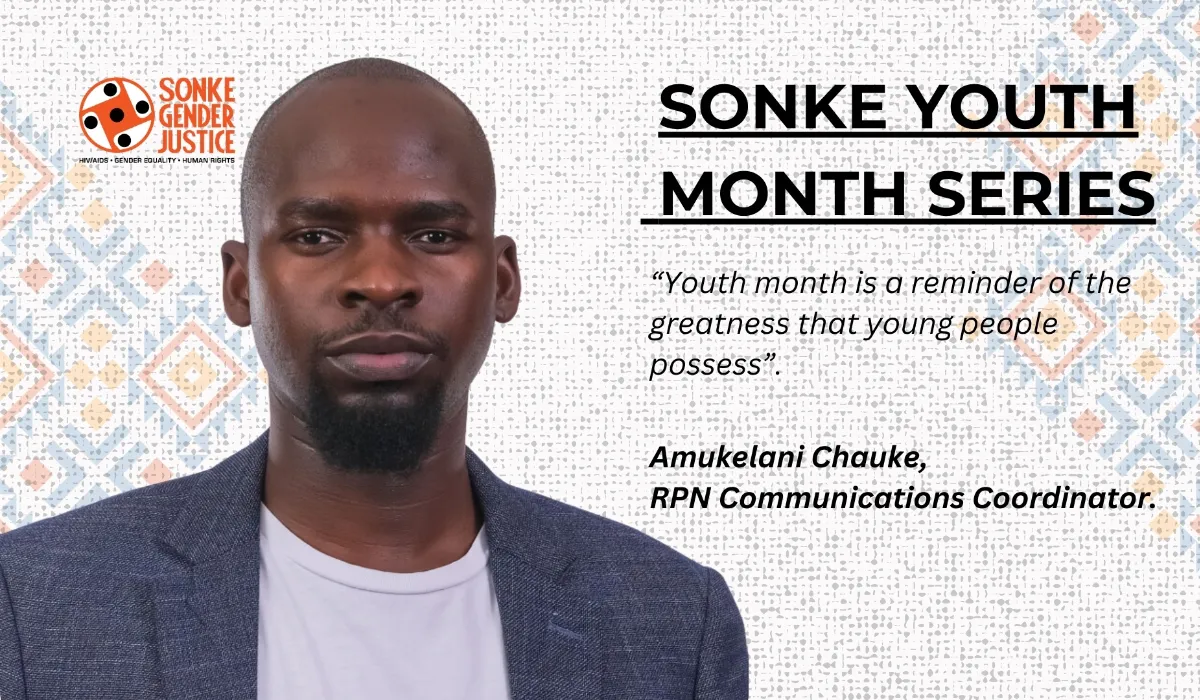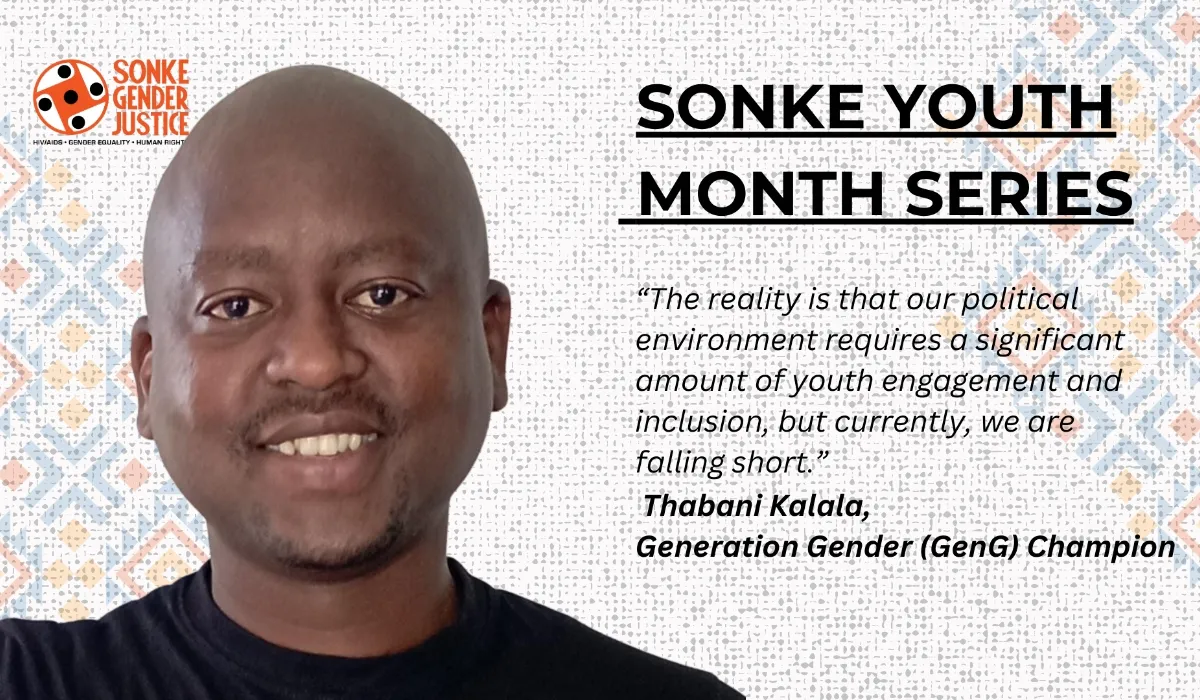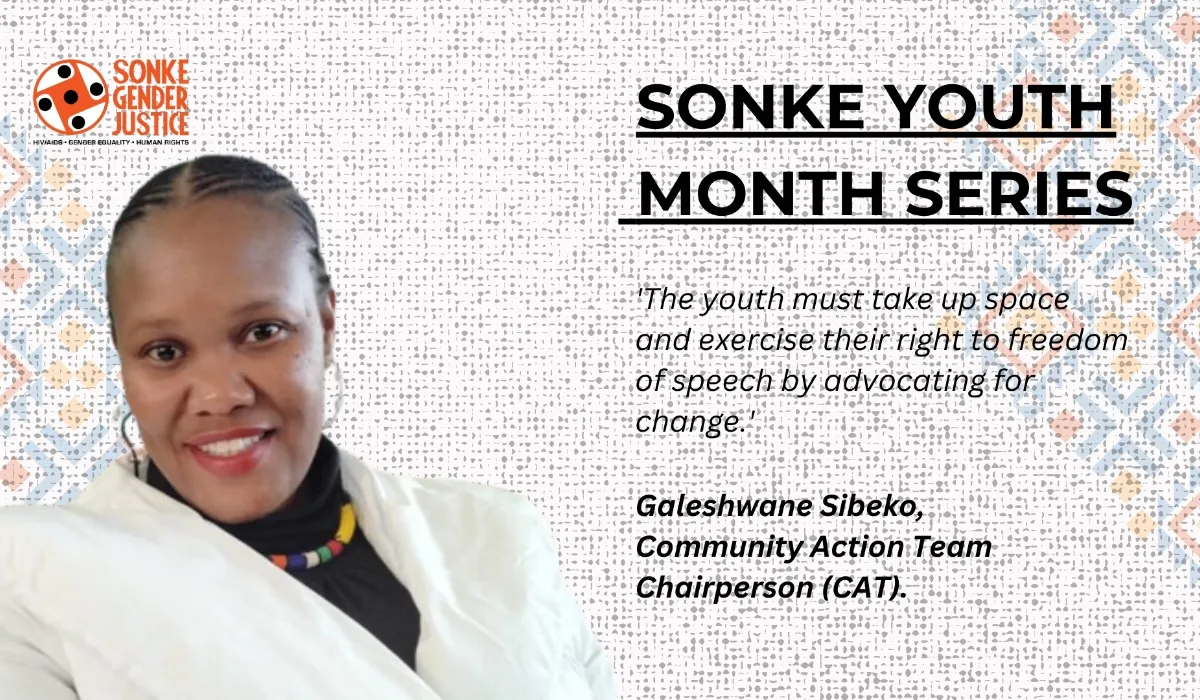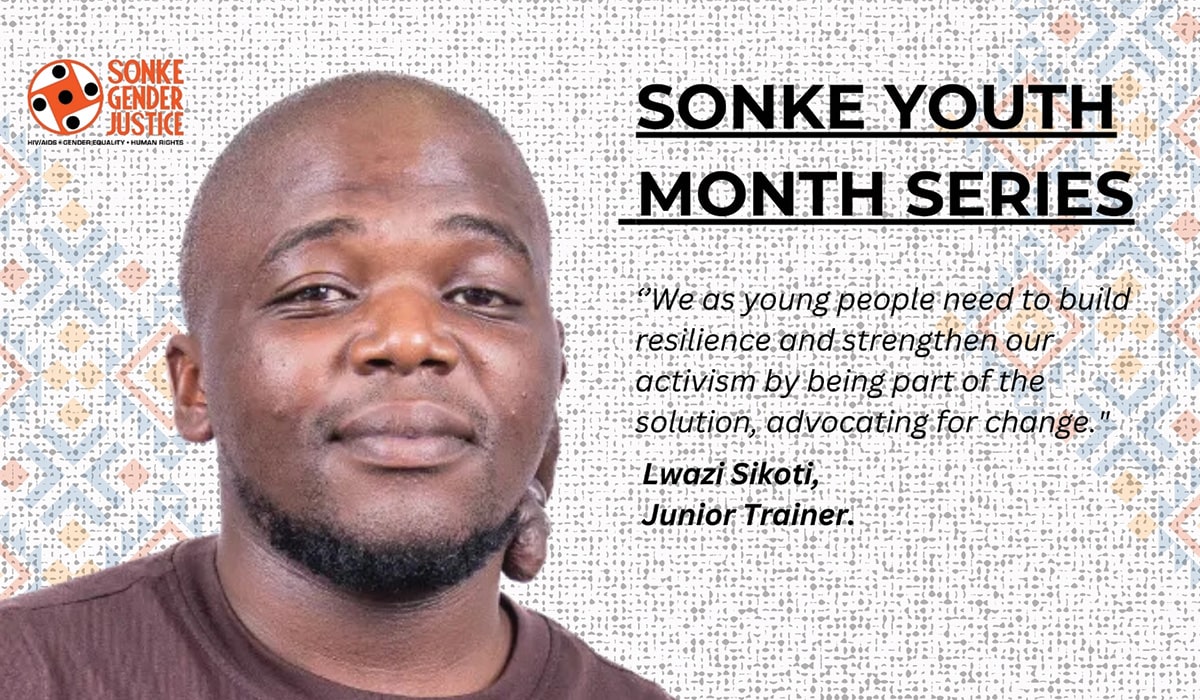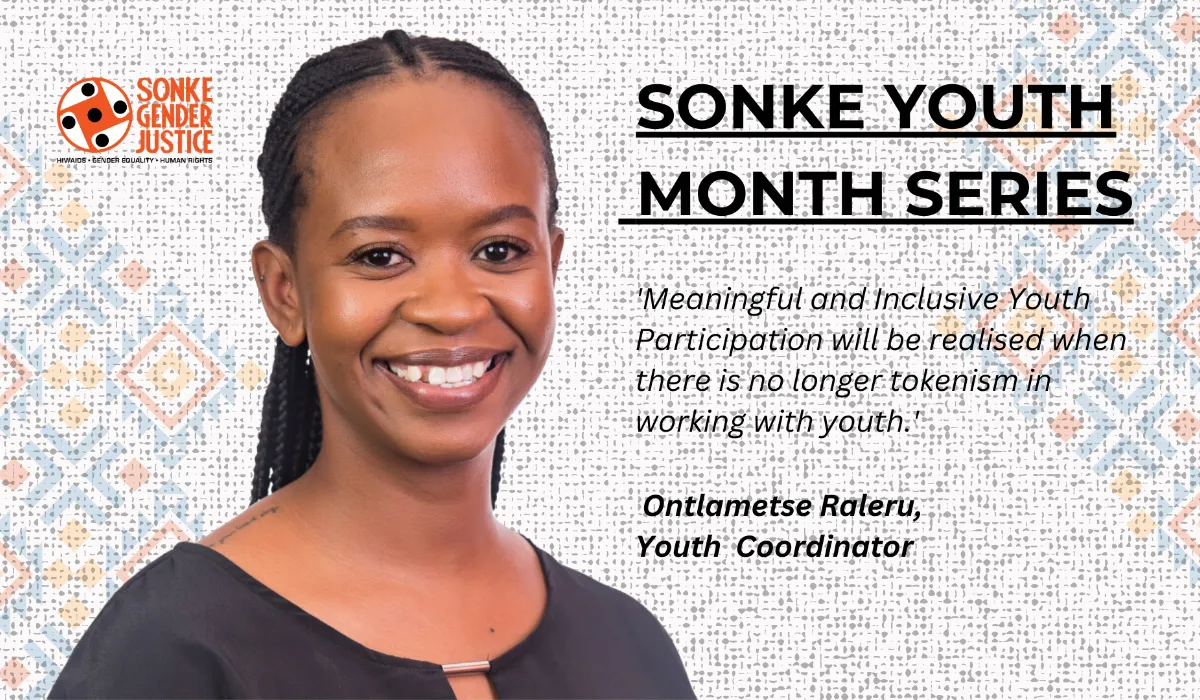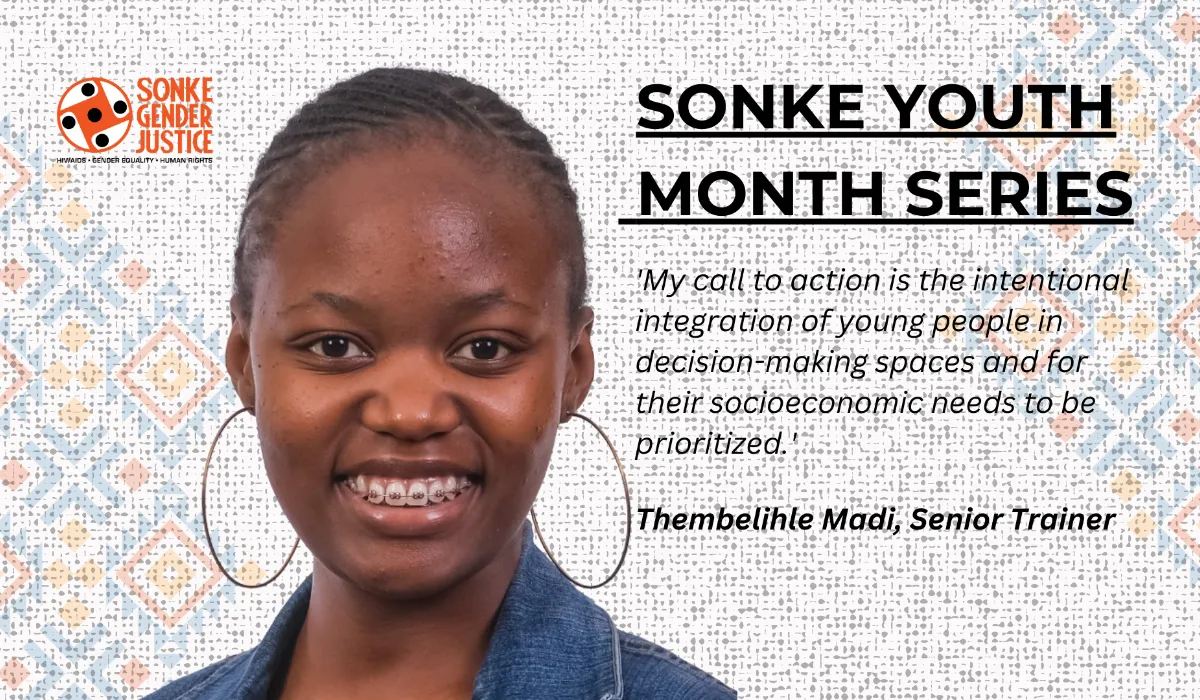Spend time with your child.
That’s the answer that I have to the current frequently raised questions about the “alternatives to corporal punishment”.
The constitutional court judgment that has cancelled the defence of reasonable chastisement and effectively outlawed any form of corporal punishment in any space has left many parents asking what they should be doing to discipline their children, if not through physical punishment.
I’d like to highlight a few general principles here that may be useful.
I speak firstly as the parent of a three-year-old boy and a five-year-old girl.
I also draw on my experience of being a kindergarten teacher for several years, and as a programme developer that draws on the latest research evidence about positive discipline.
Information
The paucity of information about positive discipline is due to several factors.
Of course the first is the popularity of the quick and simple act of hurting your child as punishment.
Information on positive discipline is, however also hard to get hold of.
There seems to be a gap between the “listicles” that one finds when you google the topic, and the dense academic research on the topic.
There are of course a myriad of parenting books out there, but they range from sound advice to outright harmful suggestions.
In South Africa we have a number of effective parenting programmes that are being implemented, but for the majority of our population these are not accessible yet.
It is also true that non-violent parenting is often basic common sense, and not an obtuse body of occult material contained in dusty tomes in a faraway monastery.
The basic principle is clear: remove violence from the equation.
Positive discipline
I prefer the term positive discipline to the related term positive parenting. There are arguments to be had for both.
It’s useful to emphasise parenting as the foundation, since good parenting as an overarching term often reduces the need for managing children’s behaviour.
Parenting therefore extends beyond discipline and includes caregiving behaviours like nurturing a child, nourishing a child, playing with a child, and many other kinds of parent-child interactions.
When all these actions are done adequately, intervening to adjust a child’s behaviour becomes a much smaller part of the equation.
Hence I began this piece with suggesting that parents should simply spend quality time with a child and pay close attention to the nature of the interaction.
The difference
In the current context of the recent prohibition of corporal punishment I do however find it useful to refer to the sub-theme of positive discipline, since this communicates that there is still discipline involved in caring for children.
In our advocacy work we’ve often pointed out that there is a basic difference between punishment and discipline.
The etymology of the words draw attention to the difference: punishment is from the Latin “punier” or “to cause pain” and discipline from the word “disciplinare” or “to guide”.
Much of the current suggestions for alternatives to corporal punishment still depend on punishment, even if not physical.
This could include the removal of privileges, or placing a child in a “naughty corner”.
The basic principle is of course premised on the fact that children need to learn that there are consequences to their actions.
Children’s behaviour often has a natural consequence that teaches the child the lesson without any intervention required by the parent.
If a child does not eat their supper they quickly learn that it leads to hunger, without any need for admonishment.
With the current popularity of corporal punishment it’s understandable that parents will only replace physical punishment with another form of punishment.
It’s important to point out that this is not the main goal of positive discipline, but rather to guide the child to become a fulfilled, healthy and actualised adult.
Development
Understanding children’s different developmental stages provides a good framework for choosing an appropriate way to positively guide a child.
For very young children (under the age of three) negotiation and verbal rules only have limited range. The child is simply too young to understand the concept of rules.
The best we can do is to try and keep children away from danger.
Hurting a child more does nothing to teach them about the reasons that they should avoid dangerous items like fire or power sockets.
As parents our task is simply to keep our children out of harm’s way. I have found that a young child will follow an adult’s attention and focus.
This takes practice, to consciously choose to focus on the play dough instead of the hot cup of tea is an effort in the moment, but will save the tea from being spilt!
For older children who are able to understand and verbalise, simple agreements can be made and kept to, by adults and children alike.
Imitation
This is important, since people, especially children, often learn from imitation. I’ve sometimes noticed my son watching me, and doing his best to cross his legs like I do.
It’s a shocking experience to see how profoundly he copies me.
Last week a father exclaimed on radio that he does not want his child to grow up to be a nuisance.
My advice would be to stop acting like a nuisance, and to check if your child follows suit. (The literature on the intergenerational transfer of violence, and how corporal punishment normalises more egregious forms of violence is well established, and I will not go into that here, but it’s clearly related to the power of imitation.)
If you want your child to stop shouting, try whispering to them. If you want them to calm down, calm yourself down first.
This calming down is the original intent of the idea of doing a time-out. Time-outs are often confused with banishment or the naughty corner.
Taking time out means you and the child step away from the conflict to take a breath and recover emotionally, so you are better able to deal with the issue.
Right vs wrong
In addition to taking a developmental approach, and understanding imitation, another powerful principle of positive discipline is to focus energy and attention on what children do right, rather than what they do wrong.
Ignoring bad behaviour means that the behaviour is not reinforced. On the other hand, when the child gains your attention by doing something that you approve of, that creates a reinforcement of positive behaviour.
Of course we do not want children to only be perfectly crafted little angels – the space and ability to let off steam and throw a good tantrum is very necessary for the mental health of adults and children alike.
The only suggestion I would make is that we position tantrums in such a way that they do not harm others.
Those ‘alternatives’
In conclusion, I’d like to point out the underlying assumption in the narrative of “alternatives to corporal punishment”.
The phrase sets corporal punishment up as the acceptable norm that we can choose to depart from.
Corporal punishment is normalised, indeed, but the phrase is analogous to saying we need to find “alternatives to gender based violence”. Violence is unacceptable and needs to stop.
Once we accept this we will be faced with the need to improve our skills, as many parents are currently when considering ceasing their use of corporal punishment.
In my own parenting and teaching I have found that my commitment to not hurting children was much more important to my children’s safety than any skill I’ve learnt.
I arrived at this commitment through the inspiration I drew from other parents and teachers who practice the simple daily domestic work of non-violent parenting and caregiving.
I believe that if anything, our ability to amplify such inspiring examples in the public domain would be the deciding factor in changing parents and caregivers attitudes and behaviours.
The same principle of focusing on what children do right applies to educating parents about positive discipline.
It is so encouraging to see how many parents in social media applaud and defend the constitutional court’s judgment.
These parents in turn need to be acknowledged and appreciated, since they are augers of a future less violent society.
If you are among them, thank you to you, and thank you from my children.


